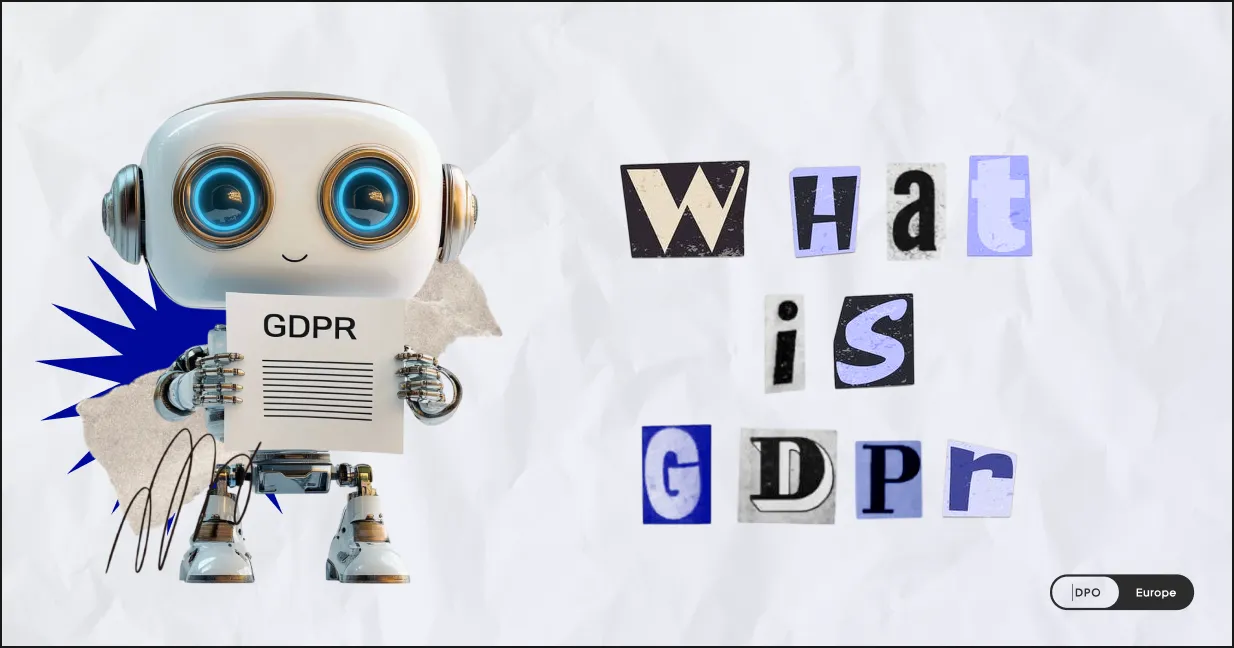
What is Privacy Center?
- Personal data, Privacy
- 27/09/2024
A privacy centre is a special section on a company’s website or mobile application that contains all the necessary information about the processing of personal data. It helps to systematise public information, comply with data protection laws, increase transparency and user confidence. The Privacy Centre includes components such as a privacy notice, cookie policy, information on how to exercise data subjects’ rights, information security information, interactive privacy settings management, FAQ section and contact information. The creation of a privacy centre is recommended to ensure the protection of personal data and to increase user confidence.
Privacy centre: what is it and why is it needed?
Gartner predicts that by 2025, more than 60% of large enterprises will have at least one privacy technology in place, and by the end of 2024, privacy laws will cover 75% of the world’s population. This legislative boom will continue as more countries develop privacy laws because users care about what happens to their personal data.
If you have a website or mobile app and you collect data from your users, we recommend that you consider creating a privacy centre. This has become the modern solution for managing and protecting user data. In this article, we’ll look at what a privacy centre is, what it does, and why it’s essential for your business.
What is Privacy Centre?
The Privacy Centre is a special section on a company’s website or mobile application that contains all the necessary information about the processing of personal data. With the help of this centre, users can easily find all the necessary information about their personal data and exercise control by exercising their rights.
The Privacy Centre helps companies to systematise all public information related to data protection. It helps to comply with data protection laws by providing information on the right to access, rectify and delete data. In addition, the centre plays a key role in ensuring transparency – it serves as an important resource for users, giving them insight into how their personal data is being processed. Let’s take a closer look at why modern organisations need a privacy centre.
1 Centralised data management
The Privacy Centre is a single platform for managing all aspects of user data: its collection, storage, processing and transfer. It ensures the protection of personal data and prevents leakage, misuse and unauthorised access by third parties without user consent.
2 Compliance with GDPR and other privacy legislation
Privacy Center helps automate compliance processes: audit logging and consent management. For example, Privacy Center enables Salesforce to comply with GDPR, CCPA, and CPRA, and simplifies the management of data retention, deletion, anonymisation, and transfer. It also builds customer trust, provides data transparency, and informs data usage with new analytics capabilities.
3 Increased transparency and user confidence
Through an intuitive interface, users can easily adjust their preferences and consent to data processing. The Privacy Centre not only provides a clear understanding of how data is processed, but also allows you to control user information and ensure that it is only used for the purposes specified. This increases trust in the company.
The Privacy Centre can be likened to a ‘central office’ for data. Imagine a well-secured office where all important documents are stored in secure safes. Privacy Centre acts as a professional business tool. By looking at it, users can immediately see that you take their data seriously. This increases the likelihood that they will want to work with you.
What is Privacy Centre?
Privacy requirements may vary depending on the size of the business, its geographical location, the number of customers it has and the type of personal data it collects. For a small business or start-up, a privacy policy page may be sufficient. However, for large organisations with an international presence and a large customer base, it is recommended that you create a privacy centre, which should include the following components
Privacy Notice
Almost all privacy laws (GDPR, CCPA and others) require organisations to be transparent about personal data. A privacy notice is one way to provide this transparency. In short, it’s a notice under Articles 13 and 14 of the GDPR that includes information about the purposes of data processing, the rights of data subjects, and the contact details of the data controller.
Cookie policy
Cookies are small text files that websites store on your device (computer, tablet or smartphone) via your browser. These files are used to store information to improve your user experience. Websites use this information to measure user interests and for marketing purposes. Cookies can be categorised as essential (necessary for the site to function) or non-essential (based on analytics or advertising).
Because cookies are a tracking and data collection technology, their use is regulated by global data protection laws. For example, the GDPR requires that visitors be informed about the use of cookies and that users are only tracked with their consent. Consent settings for the use of cookies allow users to control the tracking of their data. The privacy centre should provide information about the number and types of cookie trackers and allow users to choose which ones to allow.
Information on the implementation of data subjects’ rights
More and more companies are starting to implement procedures in their systems that make it easier to access a user’s personal data. A prominent example is the company Meta. It allows users to download all information about themselves with a single click. This greatly simplifies the process and also eliminates the need to search for and request access to data. In this way, users can easily control how their data is used and processed.
Information Security
This section details the technical security measures the company uses to protect personal information: protocols, encryption and other technologies. You can also include tips for users to increase their security when using a service or application. For example, recommendations on creating passwords, using two-factor authentication, and other methods to help protect data from unauthorised access.
Interactive privacy settings management
This creates a user-friendly system for users and makes it easy for them to control how their personal data is used and handled. Again, a good example is Twitter, which uses a game format.

Frequently Asked Questions (FAQ) section
The inclusion of an FAQ section in the privacy centre is useful for users as it helps to present key aspects of the processing of their personal data in a concise and understandable way. This section can explain in detail what data is collected, why it is needed and how it is processed. It is also recommended to include information on how users can manage and secure their data. Let’s take Uber as an example.
Contact details
Contact information is an important element of the privacy centre that can easily be forgotten. Users need to know who to contact if they have questions or concerns about their data. This could be an email address, a phone number or even a postal address. It’s also a good idea to include information about when support is available, so people know when they can expect a response. For example, Snap includes a link to its full privacy policy and support team.

Depending on the size and activities of your business, you may want to include additional components in the privacy centre. For example, if you process data in multiple jurisdictions, it would be helpful to include information about how users can exercise their privacy rights in different countries. You can also add useful content that explains the importance of privacy to users, or business-specific information. For example, Meta touches on the customisation of advertising or the use of artificial intelligence in products.


While a privacy centre is not mandatory, you should seriously consider having one on your website. It helps organisations and businesses manage and protect user information. It’s worth noting that a key aspect of creating a privacy centre is transparency and ease of use. If you want to protect your customers’ personal data in an intelligent way, a privacy centre is the way to go.
How can the Data Privacy Office help you?
The Data Privacy Office team can give you specific advice on what your company needs to include in the Privacy Centre. Our consultants will identify what public documents your company has in place (privacy policy, cookie policy, etc.), analyse the website, interview the company’s privacy officer, and determine the recommended components of the privacy centre based on the specifics of your business.
Book a free consultation with our privacy expert and get one step closer to creating a privacy friendly company 💚
Contact us
Fill in the form and we will contact you as soon as possible!


